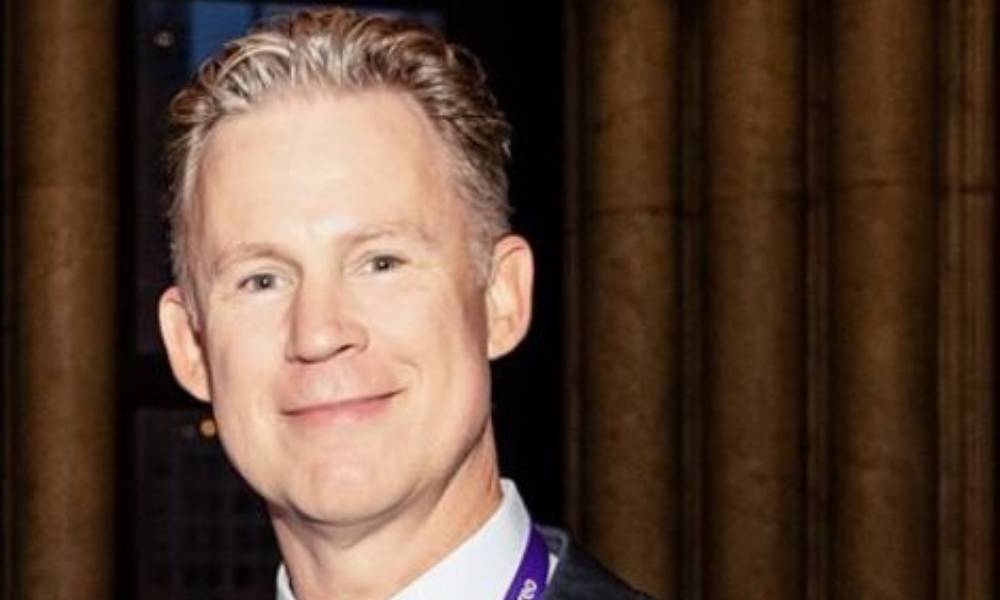

“When firms come together in the right way, clients should benefit from a broader menu of services, greater expertise among their advisors, and just an overall better client experience,” explains Larry Miles, chief executive officer at Choreo.
Miles remains excited about the role mergers and acquisitions (M&A) will play in the evolution of the industry, especially for registered investment advisors (RIAs) like his. He stressed that if goals and values align, it’s a win-win for both parties.
“However, if there is not a cultural fit between the firm and the advisor, then nothing else matters.”
It’s this philosophy that really steers Choreo's acquisition strategy, focusing on the belief that financial engineering without client benefit is pointless. Instead, Choreo seeks to merge with firms that align closely with its values and client-centered approach.
“If bigger means that firms are offering more services that their clients need and/or increasing the number of clients that a firm can help, then I think that’s really good,” Miles explains. For him, the goal of M&A is to find synergies that allow the combined firms to deliver superior outcomes for clients. “It can be one of those great situations where one plus one equals three,” he adds.
When discussing how to diversify skill sets through acquisitions, Miles underscored the importance of networking and building relationships with leaders across the industry.
“I'm always amazed and pleasantly surprised when I learn about a new firm doing something interesting that I've never heard of,” he says. “The more I find that I share about our company and what Choreo is doing ... the easier it is to build relationships with other firms.”
Miles also addressed the critical balance between organic growth and growth through acquisitions. He points out that holistic growth is a key metric for the health of a wealth management business.
“Organic growth may be the single best metric for the overall health of a wealth-management business,” he adds, linking it directly to client retention. For Choreo, the strategy for organic growth is straightforward: take exceptional care of current clients so they remain loyal, and encourage them to introduce new clients to the firm.
“You can’t add new clients fast enough if you’re losing existing clients,” says Miles.
And when it comes to integrating newly acquired firms, Miles is clear that the process begins long before the deal is closed.
“Integration of new teammates, integration of their clients, it begins with the evaluation process when we first meet each other,” he says. “The four firms that we’ve acquired, we’ve taken an awful lot of time to get to know them.”
Maintaining and enhancing the company culture during integration is a priority for Miles. He described Choreo’s recent annual conference as a testament to the strong culture within the firm.
“We have 42 locations across the country ... those 42 locations are a combination of the different firms that have joined to become Choreo,” he says. “Every single one of our acquisitions has added materially to Choreo, to our culture, to our client experience, to our expertise.”

Relationships are key to our business but advisors are often slow to engage in specific activities designed to foster them.

Whichever path you go down, act now while you're still in control.

Pro-bitcoin professionals, however, say the cryptocurrency has ushered in change.

“LPL has evolved significantly over the last decade and still wants to scale up,” says one industry executive.

Survey findings from the Nationwide Retirement Institute offers pearls of planning wisdom from 60- to 65-year-olds, as well as insights into concerns.
Streamline your outreach with Aidentified's AI-driven solutions
This season’s market volatility: Positioning for rate relief, income growth and the AI rebound
